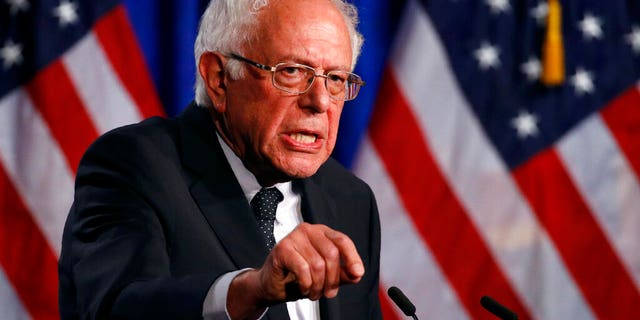JERUSALEM
(AP) — Israelis were contending with the prospect of a third election
on Thursday, two days after an unprecedented repeat election left the
country’s two main political parties deadlocked, with neither Prime
Minister Benjamin Netanyahu nor his rivals holding a clear path to a
coalition government.
While weeks of
negotiations to form a coalition government lay ahead, conditions set by
the parties could hobble the task within the allotted time, prompting a
never-before held third election.
With
nearly all votes counted Thursday, the centrist Blue and White party
stood at 33 seats in Israel’s 120-seat parliament. Netanyahu’s
conservative Likud stood at 31 seats.
“Everyone
will need to get off their high horse to prevent elections for the
third time,” Likud lawmaker David Bitan told Israeli Army Radio. “Blue
and White’s desire for a unity government under their terms will not
work.”
Neither party can form a government
without the support of the election’s apparent kingmaker, Avigdor
Lieberman of the Yisrael Beitenu party. His insistence on a secular
government would force out Netanyahu’s traditional allies, the country’s
two ultra-Orthodox parties and another nationalist-religious party.
Benny
Gantz’s Blue and White has pledged not to sit in the same government as
Netanyahu, as the long-serving Israeli leader is expected to face
indictment in a slew of corruption scandals. The fiercely loyal Likud is
unlikely to oust Netanyahu.
After meeting with his traditional allies Wednesday, Netanyahu on Thursday called on Gantz to join him in a unity government.
“Throughout
the campaign I called for a right-wing government, but unfortunately
the election results show that’s not possible,” Netanyahu said in a
video statement. “Therefore there is no choice but to form a broad unity
government.”
“We cannot and there is no reason to go to third elections,” he added.
Both
parties were meeting with allies in the vote’s aftermath and the focus
will soon shift to President Reuven Rivlin, who will consult with all
parties in the coming days and select the candidate who he believes has
the best chance of putting together a stable coalition.
The
candidate has 42 days to do so and, if he fails, the president can give
another candidate 28 days to form a coalition. If that fails, the
president can assign another parliament member the task of building a
government, or he can call new elections, something that has never
happened. Rivlin has promised he will do everything in his power to
prevent a third election.
The
deadlock follows the second Israeli elections this year, which were
called because Netanyahu failed to cobble together a coalition following
the April vote. Israelis endured a caustic campaign that saw a
combative Netanyahu fighting for his political survival amid the
recommendation by Israel’s attorney general to indict him on charges of
bribery, breach of trust and fraud pending a hearing in early October.
Netanyahu
had sought an outright majority with his allies in hopes of passing
legislation to give him immunity from the expected indictment, which
would otherwise increase the pressure on Netanyahu to step aside.
The
vote was largely seen as a referendum on Netanyahu, who this summer
surpassed Israel’s founding prime minister to become the country’s
longest-serving leader. During the campaign Netanyahu cast himself as a
seasoned statesman who was the only candidate able to steer Israel
through a sea of challenges.
His challenger,
Blue and White’s Benny Gantz, a former army chief, tried to paint
Netanyahu as divisive and scandal-plagued, offering himself as a calming
influence and honest alternative.
Despite
the scorched earth campaign that saw Netanyahu thrash institutions like
the media, the police and the electoral committee — and which was tinged
with anti-Arab rhetoric — the longtime leader failed to secure the
resounding victory he needed to guarantee his political survival and
perhaps save himself from a formal indictment.
















